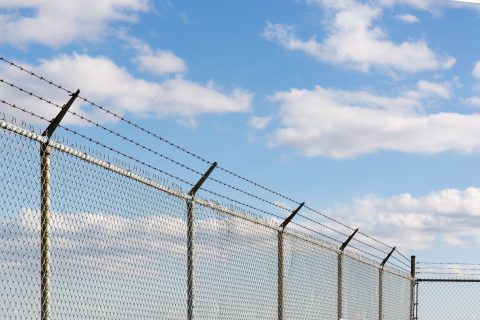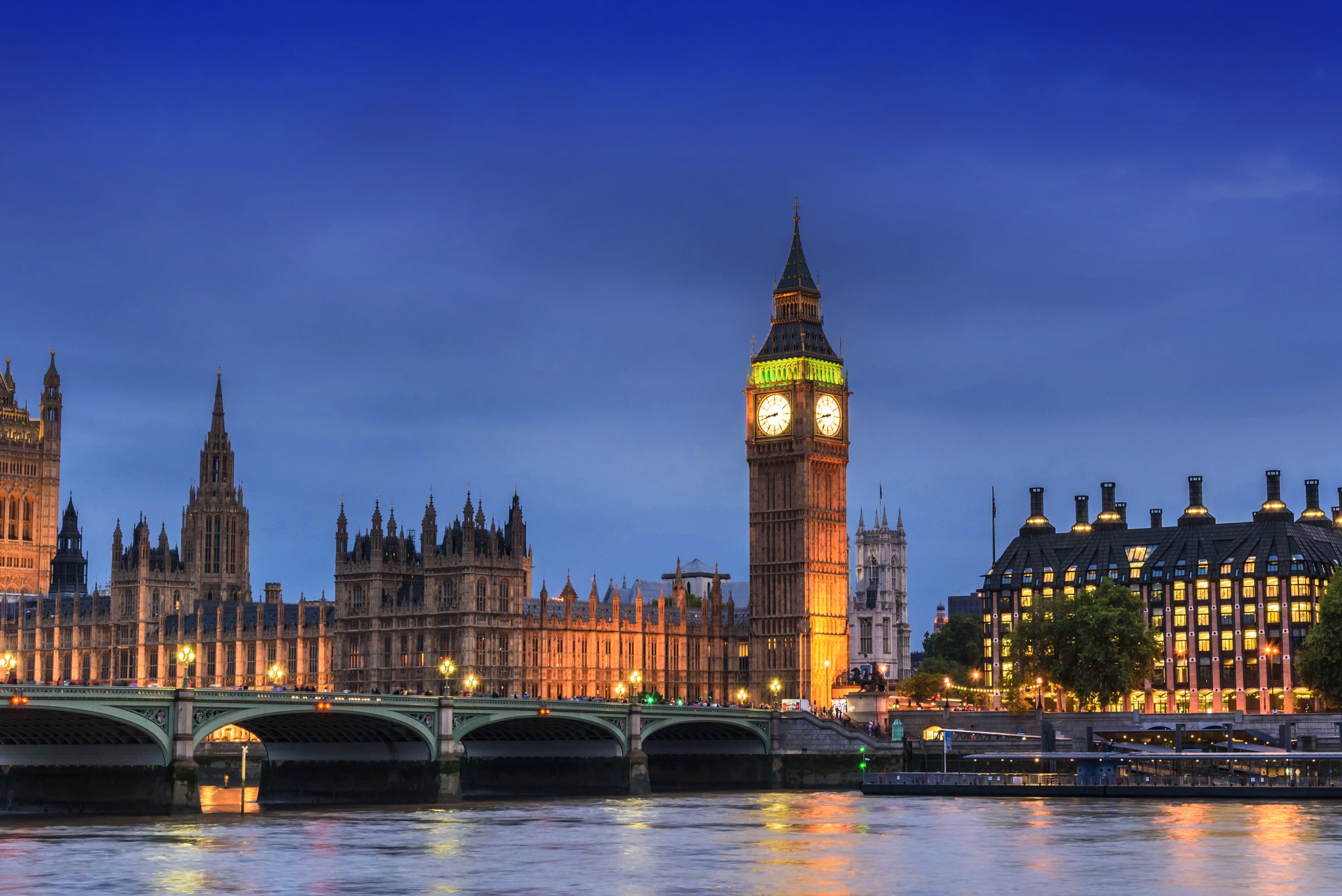When the Rule of Law Is Treated as the Enemy, We Are All at Risk
Written by: Christopher Desira

Over 150 lawyers and refugee organisations recently signed a public statement warning of increasing far-right intimidation directed at those providing legal support to migrants. But such intimidation doesn’t always involve shouting on street corners. It can also come from the government, politicians, and the media, quietly, strategically, and with long-term consequences.
Over recent weeks, we’ve seen troubling signs of this in the UK, not just for those of us working in immigration law, but for anyone who believes in the rule of law, judicial independence, or a functioning democracy.
A charity, Bail for Immigration Detainees (BiD), has itself been the target of attacks. BiD provides advice and support to some of the most vulnerable people in the country who are held in immigration removal centres, many without representation, without interpreters, and often without understanding the decisions being made about their lives.
Until recently, BiD operated with the cooperation of the Home Office. Under formal guidance, they were allowed access to detainees to deliver drop-in legal clinics, distribute “self-help” materials, take on urgent bail and deportation cases, or refer people to other lawyers with capacity. This arrangement was embedded in official Home Office welfare guidance for Immigration Removal Centres including specific reference to access and/or providing BiD’s self-help materials on bail.
But following recent media coverage by the Telegraph, this guidance has been silently rewritten, removing any reference to BiD. The Telegraph accused BiD of “thwarting” Labour’s proposed “one-in-one-out” migrant returns agreement with France. These claims, framed in the language of sabotage and subversion, misrepresented BiD’s role as a charity upholding access to justice in accordance with the law.
The consequences were immediate. For a week, BiD’s staff, were advised to work from home due to fears of far-right protests or reprisals. Essential services were scaled back. Vulnerable people in detention were left without legal advice during some of the most critical moments of their lives.At the Conservative Party Conference shortly after, former immigration minister Robert Jenrick intensified the rhetoric, accusing immigration judges of being politically biased and singling out barristers who provide pro bono representation to BiD clients. His remarks risked not only undermining public trust in judicial independence but also deterring the very legal professionals who make the system function, often under immense time pressure and without pay relative to the work delivered.
To see a legal charity vilified for helping people understand their rights, and to see judges and lawyers attacked for doing the job Parliament has assigned them, should alarm all of us, whatever our politics. The suggestion that assisting someone to exercise a legal right is equivalent to obstructing government policy is as dangerous as it is inaccurate.
It also reflects a broader crisis. Legal aid immigration work is under serious strain. There are vanishingly few organisations who can take on detention or deportation cases. BiD is one of the last remaining charities operating in this space at scale. If barristers feel it is too risky to represent clients in these cases, or if funders feel pressured to withdraw support, then we are on a path toward denial of justice by political design.
And this matters. Many people held in immigration detention have committed no crime. Some have lived in the UK for years. Others are victims of trafficking, domestic abuse, or persecution. Some are EU citizens. Many have mental health issues or are recovering from trauma. Detention is one of the most intrusive powers the state can wield a power that must be restrained by legal oversight.
If politicians disagree with judicial outcomes, it can legislate. What it must not do is erode confidence in the judiciary or intimidate those who uphold the law, simply because it dislikes the results. That path leads to erosion of the rule of law itself.
I understand why this work can be politically difficult. Few voters instinctively identify with those in detention. Few politicians see electoral value in defending immigration lawyers, charities, or even judges. But democracies aren’t measured by how they treat the popular majority. They are measured by how they protect the rights of those with the least.
BiD is not the problem. The problem is a political climate that scapegoats legal professionals and civil society in order to avoid reckoning with the complexity and humanity of our immigration system. And if that becomes the norm, we won’t just lose one charity. We’ll lose the very infrastructure that allows people to access rights at all.
Unsure about the next steps in your UK immigration journey?
If you have an immigration query, our team of expert lawyers can help guide you through this complex and changing area of law. Get in touch with a Seraphus lawyer via the contact form below.

-

Immigration system changes announced 14 October 2025
Written by: Christopher Desira
What are the immigration changes? On 14 October 2025, the UK Government presented major changes to the UK Immigration Rules to Parliament. These changes affect students, workers, visitors, and families and will come into effect on different dates. Most of the announced changes point to making it harder for people come to the UK and […]Read article -

Labour’s Proposed Changes to Indefinite Leave to Remain (ILR)
Written by: Caroline Echwald
What is ILR? Indefinite Leave to Remain (ILR) is a form of permanent immigration status in the UK. It allows someone to live, work and study in the UK without time restrictions, and it is often the last step before applying for British citizenship. Many migrants work towards ILR after years of living in the […]Read article -

What is the new UK-France migrant deal? The “one-in- one-out” pilot scheme
Written by: Caroline Echwald
A new pilot scheme between the UK and France came into force this week, that will have a significant impact on people arriving in the UK to seek asylum. Under this new agreement, known as the “one-in-one-out” deal, some people who cross the Channel in small boats will now be sent back to France, without […]Read article
Categories: AsylumHuman RightsImmigration Rights
